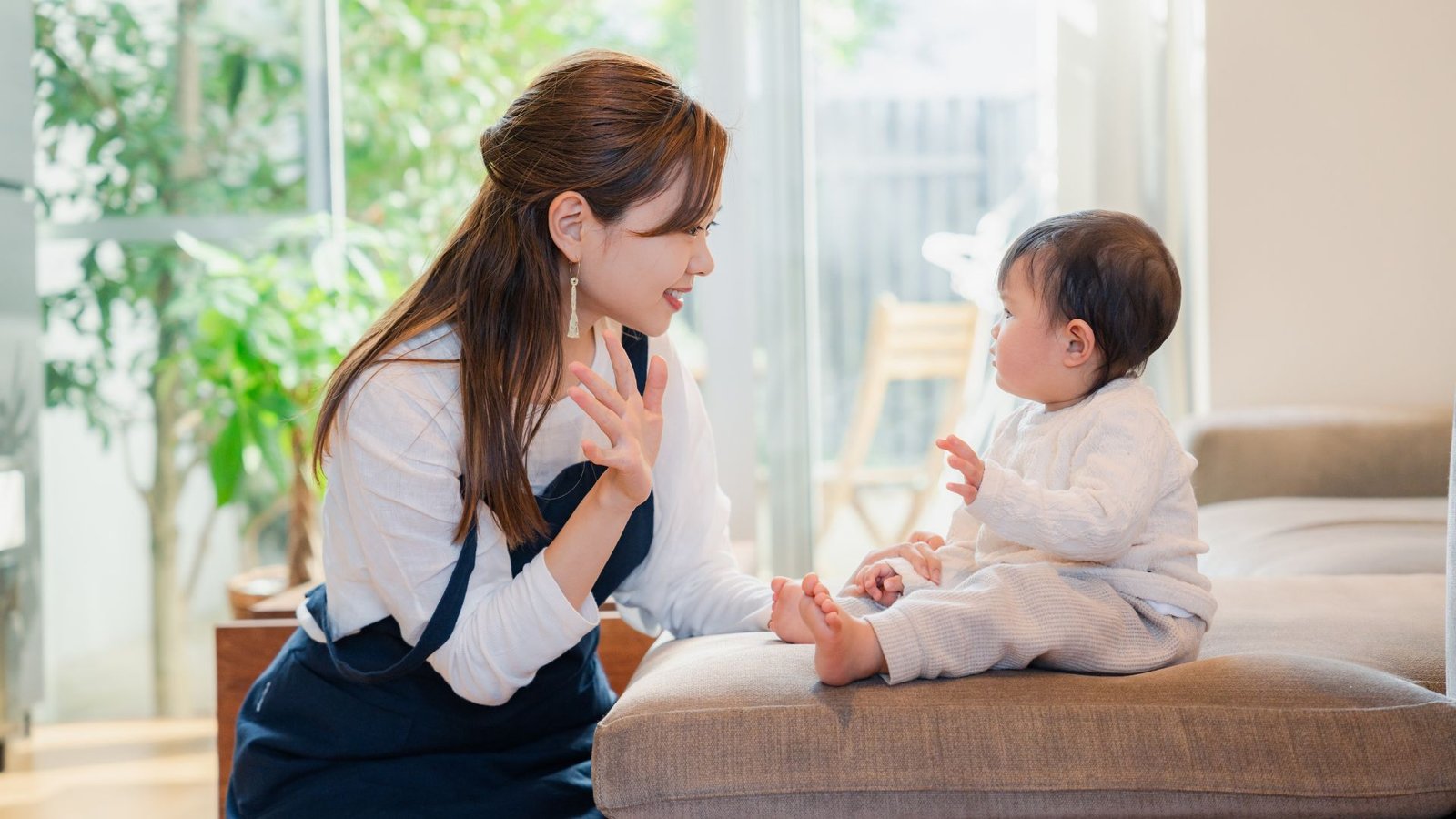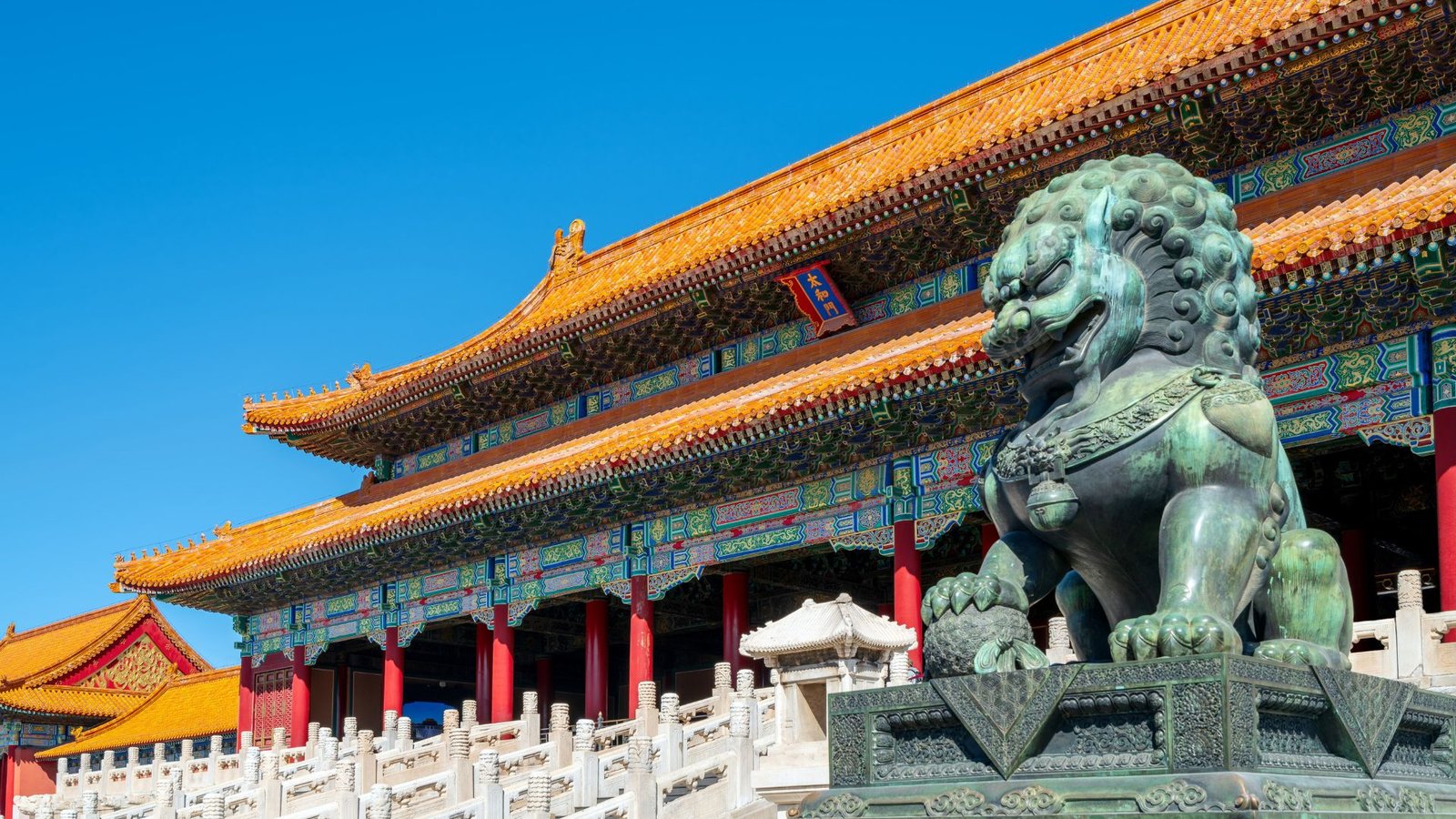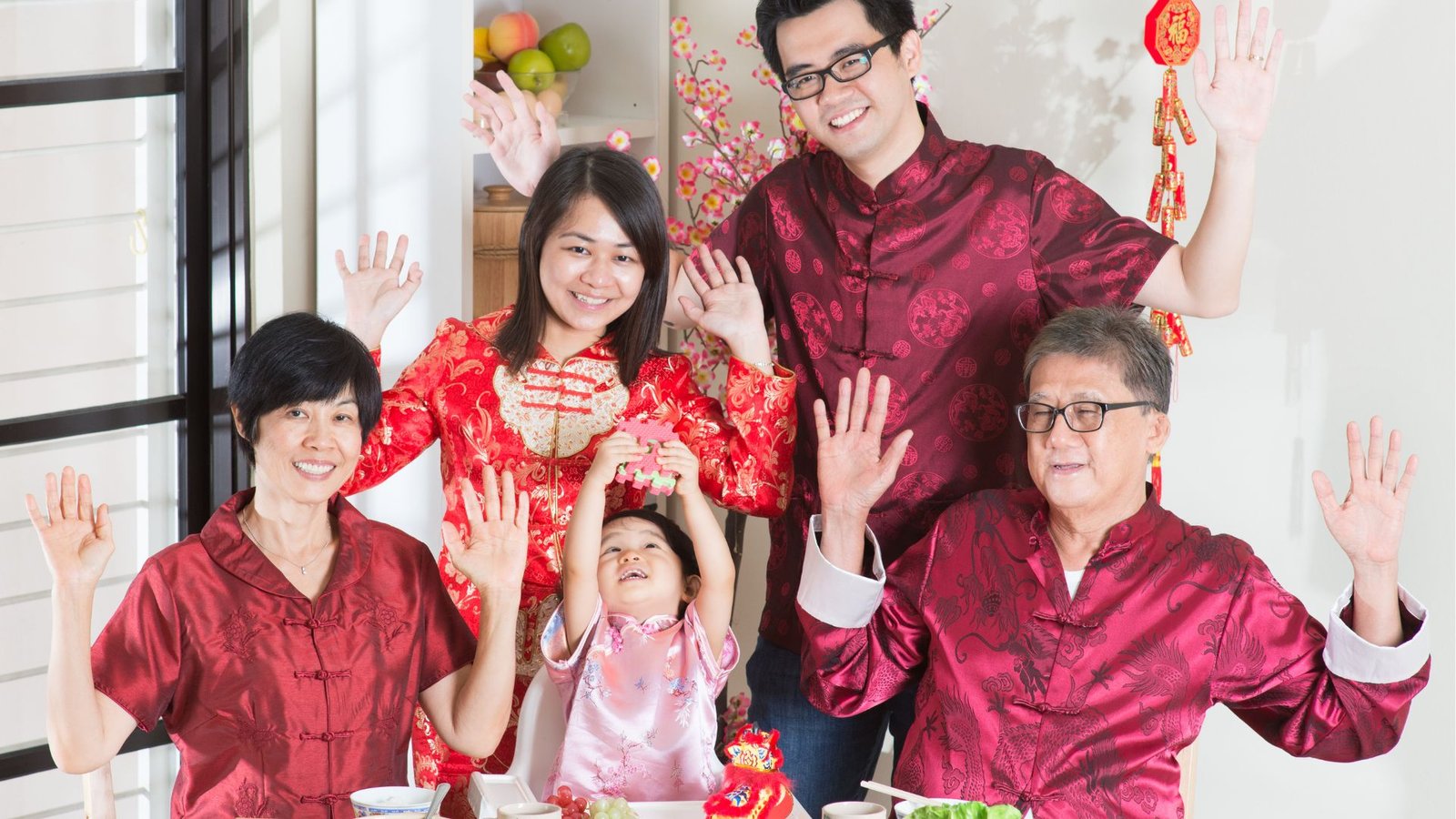Becoming an au pair in Europe is one of the most popular and accessible ways for young adults to participate in a cultural exchange program. It allows them to experience language and culture firsthand, live abroad in a structured homestay environment, and build lifelong skills. Countries like France, Germany, Spain, and Italy offer a wide variety of host families, rich traditions, and well-established exchange programs that make the experience both exciting and reassuring. For many international students and recent graduates, working as an au pair in Europe is a chance to improve language proficiency, discover different cultures, and grow personally in a relatively familiar setting.
However, Europe isn’t the only destination worth considering. In recent years, more adventurous participants in multicultural exchange have chosen China—a foreign country that offers a deeply intercultural and transformative experience. Being an au pair in China means full immersion in Chinese-language learning, adapting to new family dynamics, and navigating an entirely different social and cultural landscape. From vibrant megacities to ancient traditions, the journey often brings moments of culture shock, but also incredible personal and linguistic development.
In this article, we’ll explore the top 10 differences between being an au pair in Europe and in China. We’ll compare everyday routines, cultural expectations, language challenges, and long-term opportunities for growth. Whether you’re drawn to the familiarity of European exchange programs or curious about stepping out of your comfort zone in an East-Asian setting, this guide will help you decide which path aligns best with your goals and personality.

Daily Life and Schedule
Daily life as an au pair in Europe is generally relaxed and flexible. In most countries, au pairs are considered part of a homestay arrangement where they support the host family with part-time childcare, school drop-offs, and light chores. The typical weekly schedule ranges from 25 to 30 hours, leaving plenty of time to explore nearby cities, travel across borders, or attend a language course to improve proficiency in the local language. Many au pairs also take advantage of this free time to enjoy cultural exchange activities, socialize with other international students, or deepen their understanding of language and culture through informal learning contexts. This multicultural lifestyle allows participants to grow within a familiar European setting, with shared customs and values.
In contrast, being an au pair in China introduces a more structured and immersive experience. Within Chinese exchange programs, au pairs often take on a more active educational role—especially in supporting Chinese host families with English-language learning and daily tutoring. The emphasis goes beyond childcare: most participants also attend Chinese-language lessons and join weekly cultural workshops such as calligraphy, cooking, or traditional tea ceremonies. These programs resemble a full intercultural immersion, blending everyday family life with structured learning in a completely different foreign country context. While both regions offer rewarding experiences, the daily rhythms and cultural expectations reflect two very different approaches to the au pair lifestyle.

Family Expectations
When you become an au pair in Europe, the role is typically well-structured but remains focused on basic childcare within a cultural exchange setting. European host families usually ask for help with daily routines such as preparing simple meals, getting children ready for school, assisting with homework, and occasional evening babysitting. While responsibilities may vary depending on the country, the overall environment is relaxed, and au pairs are often seen as an older sibling rather than a formal educator. The aim is to support the family in a light, friendly way, allowing the au pair to immerse themselves in language and culture while enjoying a balanced schedule. This form of exchange program emphasizes informal learning and shared multicultural experiences.
By contrast, au pairs in China often take on a more intentional educational role, especially when it comes to language exposure and international influence. Chinese host families are highly motivated to help their children develop fluency in English and adopt a global mindset, which positions the au pair as a mentor rather than just a helper. Tasks may include leading interactive language activities, creating engaging lessons, or supporting the child’s emotional and academic growth. These responsibilities unfold in a highly intercultural environment, where the au pair contributes directly to the child’s learning journey. While the European context leans toward flexibility and informal support, the Chinese experience is more immersive and learning-focused—providing a unique sense of purpose and deeper connection within the foreign country setting.
Language Barrier
One of the key benefits of being an au pair in Europe is the relatively low language barrier. In many Northern and Western European countries, host families often speak English or even share the au pair’s native language. This makes day-to-day communication easier and allows au pairs to adapt quickly to family routines, ask questions with confidence, and build meaningful relationships. For international students or young travelers experiencing their first exchange program, Europe offers a familiar and supportive entry into cultural exchange—especially for those who may be nervous about navigating different cultures for the first time.
In contrast, au pairs in China often encounter a more pronounced language challenge. Many Chinese host families—especially those outside major cities—speak little or no English, which can lead to early moments of culture shock. However, this challenge becomes a powerful part of the journey. Au pairs begin learning Chinese-language basics, use gestures and creativity to communicate, and gradually develop strong intercultural and problem-solving skills. Some even enroll in a language course to deepen their understanding. Over time, what starts as a communication barrier transforms into a major source of confidence and personal growth. Compared to the more familiar linguistic environment of Europe, China provides a uniquely immersive and transformative experience in both language and culture.
Cultural Exchange Opportunities
Choosing to become an au pair in Europe gives you access to a wide variety of cultural exchange experiences—from exploring historic cities and visiting museums to celebrating iconic local festivals like Oktoberfest in Germany, La Tomatina in Spain, or Bastille Day in France. As part of a homestay arrangement, au pairs are often included in everyday family routines, local traditions, and regional customs. This hands-on exposure to language and culture allows you to engage with different cultures from the inside, rather than simply observing as a tourist. Whether it’s enjoying European cuisine, strolling through open-air markets, or taking weekend getaways across borders, Europe offers a well-rounded and familiar multicultural environment for discovery and growth.
By contrast, the cultural immersion experienced by au pairs in China is often far more intense and transformative. Living with a Chinese host family means participating in both ancient traditions and modern family life—from making dumplings at home and practicing calligraphy to visiting temples or celebrating the Spring Festival. These moments go far beyond sightseeing—they represent full participation in daily life within an East-Asian culture. Many of these activities are organized by the exchange program itself or actively supported by the family, creating a deeply intercultural journey. Compared to the relatively familiar rhythms of life in Europe, au pair experiences in China offer a deeper dive into a foreign country with customs, values, and perspectives that may be entirely new—making every day an opportunity for growth and connection.

Food and Mealtimes
For many who choose to become an au pair in Europe, mealtimes are often familiar and easy to adjust to. Depending on the country, you might enjoy croissants in France, pasta dishes in Italy, or hearty bread-based meals in Germany. Most European host families follow structured meal schedules—breakfast, lunch, and dinner at regular hours—which reflects what many international students or young travelers are already used to in their home countries. While you’ll definitely encounter new flavors and customs, the culinary aspect of European exchange programs tends to feel accessible and comfortable, offering a gentle form of cultural exchange through food.
Things are quite different for au pairs living with a Chinese host family. In China, mealtimes are a central part of cultural immersion and introduce you to new habits, flavors, and social dynamics. Meals are typically served “family-style,” with several shared dishes placed in the center of the table. You’ll eat with chopsticks, try local specialties like dumplings, hot pot, noodles, or Peking duck, and occasionally be invited to taste adventurous regional delicacies. Food in China is not just about nourishment—it’s a meaningful ritual that reflects values, tradition, and community. Each meal becomes an intercultural moment where you build connections, learn Mandarin vocabulary related to food, and explore Chinese-language context in a very real, practical way. Compared to the more familiar dining routines of Europe, eating in China as an au pair is a true culinary journey that highlights the richness of living in a foreign country and embracing different cultures.

Accommodation and Privacy
One of the standard expectations when joining an au pair exchange program in Europe is having a clear and comfortable living arrangement. In most European countries, au pairs are provided with a private bedroom—typically within a spacious home or apartment. While bathrooms are sometimes shared with children or other family members, the overall setup prioritizes personal space, independence, and well-defined boundaries. This reflects broader European norms around living abroad, privacy, and respect for the au pair’s downtime, making it easy for participants to balance family life with their own routines during their homestay experience.
For those who choose to become au pairs in China, daily life and living conditions can feel quite different—not better or worse, but shaped by intercultural dynamics and urban realities. In cities like Beijing, Chengdu, or Shanghai, Chinese host families often live in smaller apartments, and although au pairs typically have their own room, overall space is more limited. Shared areas and thinner walls are common, and the rhythm of family life tends to be more communal. That said, Chinese families are usually warm, generous, and attentive—especially once trust is built. They often go out of their way to make the au pair feel welcome, safe, and integrated into the household. While European arrangements might offer more physical privacy, au pair experiences in China frequently lead to stronger emotional connections, thanks to shared routines and the deeply immersive nature of this cultural exchange in a foreign country.
Social Life and Community
One of the biggest advantages of becoming an au pair in Europe is access to a large, well-established exchange program community. Countries like France, Germany, the Netherlands, and Spain welcome thousands of au pairs each year, creating a strong network of international students and young travelers. Whether you’re in a big city or a small town, you’ll easily find Facebook groups, local meetups, and organized events that connect au pairs across the region. These gatherings make it easy to share tips, plan weekend trips, and build genuine friendships with people from different cultures. For many, this social aspect becomes one of the most rewarding parts of the cultural exchange experience in Europe.
By comparison, the au pair community in China is smaller but often more intercultural, close-knit, and deeply supportive. Since becoming an au pair in China is still considered a bold and less conventional choice, participants are typically adventurous, open-minded, and highly motivated. During the program, you’re likely to meet fellow au pairs through Mandarin classes, cultural workshops, or orientation events organized by the agency or its local partners. These shared experiences create strong emotional bonds as everyone adapts to life in a foreign country and navigates the challenges of language and culture immersion together. While European au pairs benefit from a wide network, au pairs in China often form more intimate and meaningful connections—turning this multicultural journey into a powerful source of friendship, support, and growth.

Rules and Freedom
As an au pair in Europe, you’ll often enjoy a lifestyle that feels independent and flexible. Most European host families follow a relaxed approach to rules and routines, allowing au pairs to manage their daily life with a sense of autonomy. Responsibilities are usually well defined—such as assisting with childcare, light chores, or language practice—but there’s generally more freedom in how you structure your personal time. Curfews are rare, and it’s common for au pairs to spend evenings with friends, explore nearby cities, or travel on weekends. This open and informal atmosphere is one reason why exchange programs in Europe are especially appealing to international students and first-time participants in cultural exchange.
In contrast, being an au pair in China typically comes with a more structured and closely connected family dynamic. Chinese host families often set clear expectations and household guidelines—such as curfews or regular check-ins—particularly during the first weeks of the stay. While this may feel unfamiliar at first, it reflects deeper cultural values rooted in care, safety, and family involvement. Rather than being restrictive, this structure often helps au pairs feel supported during their transition into a completely different foreign country. Over time, many au pairs grow to appreciate the balance between guidance and freedom, as it enhances their sense of belonging and promotes smoother intercultural adaptation. Compared to the more independent style of au pair life in Europe, the Chinese experience offers a more intimate and immersive path to living abroad—where connection and shared routines create a stronger emotional bond.
Travel Opportunities
One of the biggest perks of becoming an au pair in Europe is the incredible ease of travel. Thanks to budget airlines, high-speed trains, and open borders within the Schengen Area, weekend getaways are both affordable and accessible. Whether you’re based in Paris, Berlin, Madrid, or Rome, you can easily hop to nearby countries and explore different cultures, languages, and cuisines with minimal effort. For many international students and participants in exchange programs, this freedom to travel becomes a highlight of living abroad, enriching the overall cultural exchange experience and creating unforgettable memories across a multicultural continent.
While the logistics of travel may differ, au pairs in China enjoy a travel experience that can be even more immersive and eye-opening. China’s vast geography, regional diversity, and extensive high-speed rail network make it possible to explore everything from ancient temples and the Great Wall to ultra-modern skylines and rural countryside. You may even be invited by your Chinese host family to join trips during national holidays—giving you firsthand insight into traditional festivals, local customs, and family traditions. Each journey becomes a deeper dive into regional dialects, historical landmarks, and unique aspects of language and culture. Compared to the frequent and casual trips of au pairs in Europe, traveling as an au pair in China often feels more intentional and intercultural—offering a powerful opportunity to experience the country not just as a tourist, but as a temporary local living in a foreign country.

Career and Language Benefits
Choosing to become an au pair in Europe is a well-respected and widely recognized cultural exchange experience. It reflects your ability to take responsibility, work with children, and adapt to a new environment while living abroad. For many international students, it’s a natural part of a gap year or a meaningful break between academic programs. It also offers the chance to improve language skills in French, German, Spanish, or Italian within a structured exchange program. However, because being an au pair in Europe is relatively common, it may not always stand out on a résumé—particularly when applying to graduate schools, international roles, or jobs that value originality and intercultural experience.
This is where becoming an au pair in China can truly set you apart. It shows future employers or universities that you’re not only globally curious, but also courageous enough to embrace a completely foreign country and a distinct way of life. Living with a Chinese host family, adapting to new cultural norms, and learning Chinese-language skills demonstrates high levels of adaptability, resilience, and cross-cultural communication. These are exactly the kind of soft skills that today’s global job market values—especially in sectors like international business, education, diplomacy, or nonprofit work. Unlike the more familiar path of au pairing in Europe, choosing China signals boldness, multicultural awareness, and a unique perspective on language and culture that can elevate your personal and professional journey.
Conclusion
Choosing to become an au pair in Europe can be a wonderful and enriching exchange program experience. It offers comfort, structure, and the chance to live in some of the world’s most iconic destinations. You’ll improve your language skills, discover different cultures, and gain confidence while caring for children in a familiar Western environment. For many international students and first-time travelers, becoming an au pair in Europe is an ideal way to combine adventure with responsibility in an accessible, well-established setting.
But if you’re searching for something truly transformative—something that challenges you to grow, adapt, and view life through a completely new perspective—then becoming an au pair in China may be the opportunity you’ve been waiting for. It’s not just a cultural exchange; it’s a deep personal journey. From learning Mandarin Chinese and participating in Chinese host family life, to building resilience, adaptability, and a global mindset, the experience offers an unparalleled dive into language and culture. China will test your limits, broaden your worldview, and prepare you for life in a rapidly evolving, interconnected world.
Both destinations offer meaningful paths—but if you’re ready to step beyond the ordinary and fully embrace the power of living abroad, our Au Pair in China Program is here to support you every step of the way.
👉 Ready for something extraordinary?
Explore our Au Pair in China Program today and start your own unforgettable journey of growth, language, and intercultural discovery.

